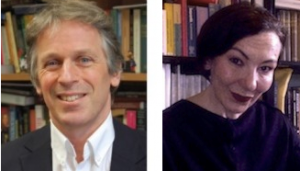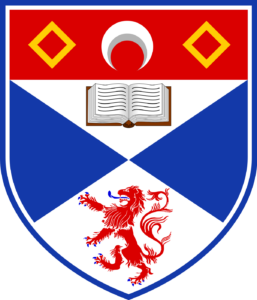Welcome to the University of St Andrews’ new Institute of Legal and Constitutional Research.
The Institute brings together scholars from the Schools of History, International Relations, English and beyond, together with early-career researchers and graduate students, to initiate new, cross-disciplinary, ideas and approaches. Building on the expertise of the current St Andrews Centres for ‘Global Constitutionalism’ and ‘Mediaeval and Early Modern Law and Literature’, the new Institute’s research interests extend across the fields of legal history, legal humanities, global constitutionalism and international relations.
2015 is a particularly appropriate year for the Institute’s launch. Constitutional issues have dominated British politics to a degree unparalleled in recent decades. On a global scale, new patterns of migration pose urgent practical and theoretical challenges to existing ideas of sovereignty, citizenship, and human rights. Different conceptions of political authority are violently manifest on a worldwide scale, most obviously the Middle East.
And the year is also the 800th anniversary of the issue of Magna Carta. Magna Carta is cited rhetorically to justify a multiplicity of causes and positions. How should scholars respond to such use of the past, how ought they to contribute to contemporary debate? Should misleading use of the past be overlooked if employed for what appear good causes? And what if more convincing interpretations of the past are used for what appear malign causes?
Specific research themes within the Institute will include the nature and workings of constitution and law when sovereignty is diffuse, restricted, or absent; the characteristics of law when enforcement agencies are limited; the politics of dispute processing and settlement; and the rhetoric of law and constitutionalism. To the comparative study of law and constitution we will add an emphasis on chronological and the contextual, questioning assumptions based on ideal types resting on the characteristics of a particular system, nation, or time.
Through these themes and approaches, we aim to explore the possibilities and limitations of dominant jurisprudential traditions past and present, and to make suggestions as to how the study of our special areas of interest may in turn contribute to jurisprudential thought. Such work promises to open up new avenues for study beyond traditional legal and constitutional studies.
The Institute will sponsor and co-ordinate a wide calendar of academic events on these issues and more, cultivating dialogue and active collaboration across a co-ordinated network of participants. We look forward to you joining us.
Professors John Hudson and Caroline Humfress

